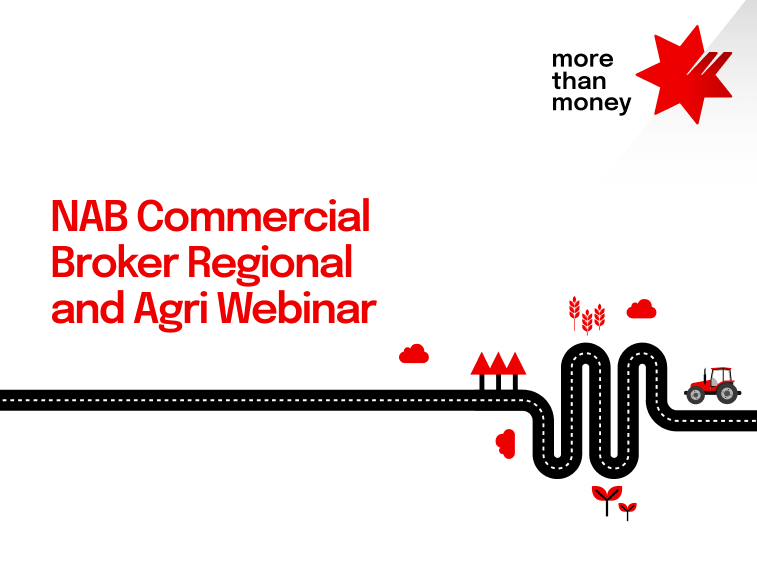An exclusive webinar to help you deliver the best outcomes for your R&A business. Watch now.


Webinar
Keeping up to date with technological advances can produce significant efficiency benefits for Australia’s agribusiness sector. From knowing when to update equipment to staying abreast of computerised farming techniques, technology management’s integral to an agribusiness plan.

Agribusiness faces the continual challenge of keeping costs down. To profit, efficiency in operations is crucial. But how can you optimise equipment efficiency? And how can you keep on top of new technology?
More than ever, optimising the investment in farm equipment is intrinsic to agri-management, says Professor Ross Kingwell, Chief Economist at the Department of Agriculture and Food in Western Australia.
“In broadacre farming, harvesters, tractors and seeders are increasingly expensive and their purchase represents crucial large investments,” he notes. “Accordingly, buying this equipment at the right time and price impacts on the financial health of your agribusiness.”
When weighing up whether to invest in new machinery or technology, take into account the following factors.
It makes fiscal sense to keep up to date with new technologies, emerging enterprises and the latest trends that are likely to affect the prosperity of your business.
There are a number of ways to do this, suggests Kingwell. “Maintain involvement in farmer and agribusiness networks, real and virtual, attend field days and workshops and be on relevant mail and email lists. If you employ a consultant in farm management, marketing or agronomy services, ask them to pass on valuable insights about relevant technologies, issues or trends that you need to be aware of, or wary of.”
For primary producers, the rise of Global Positioning System (GPS) mapping and virtual technology has lowered input costs dramatically in the past decade, says Caroline Schaefer, President, Agribusiness Association of Australia.
“From an operational view, computing has given Australian agribusiness primary producers the ability to compete globally in real time,” she says. “You can sit in your tractor and trade anywhere 24/7, and you can sit in an office and water your crops or work out the sale weight and fat scores of your herd.”
Where’s technology heading? Schaefer predicts remote-controlled machinery and virtual reality will become even more widespread in the Australian agribusiness sector. “This technology will give Australian primary producers an edge, especially given production costs are higher for them than overseas competitors,” she says.
“Since we have an ageing farming community, the challenge is keeping the older generation sufficiently informed about those advances in technology and training.”
© National Australia Bank Limited. ABN 12 004 044 937 AFSL and Australian Credit Licence 230686.